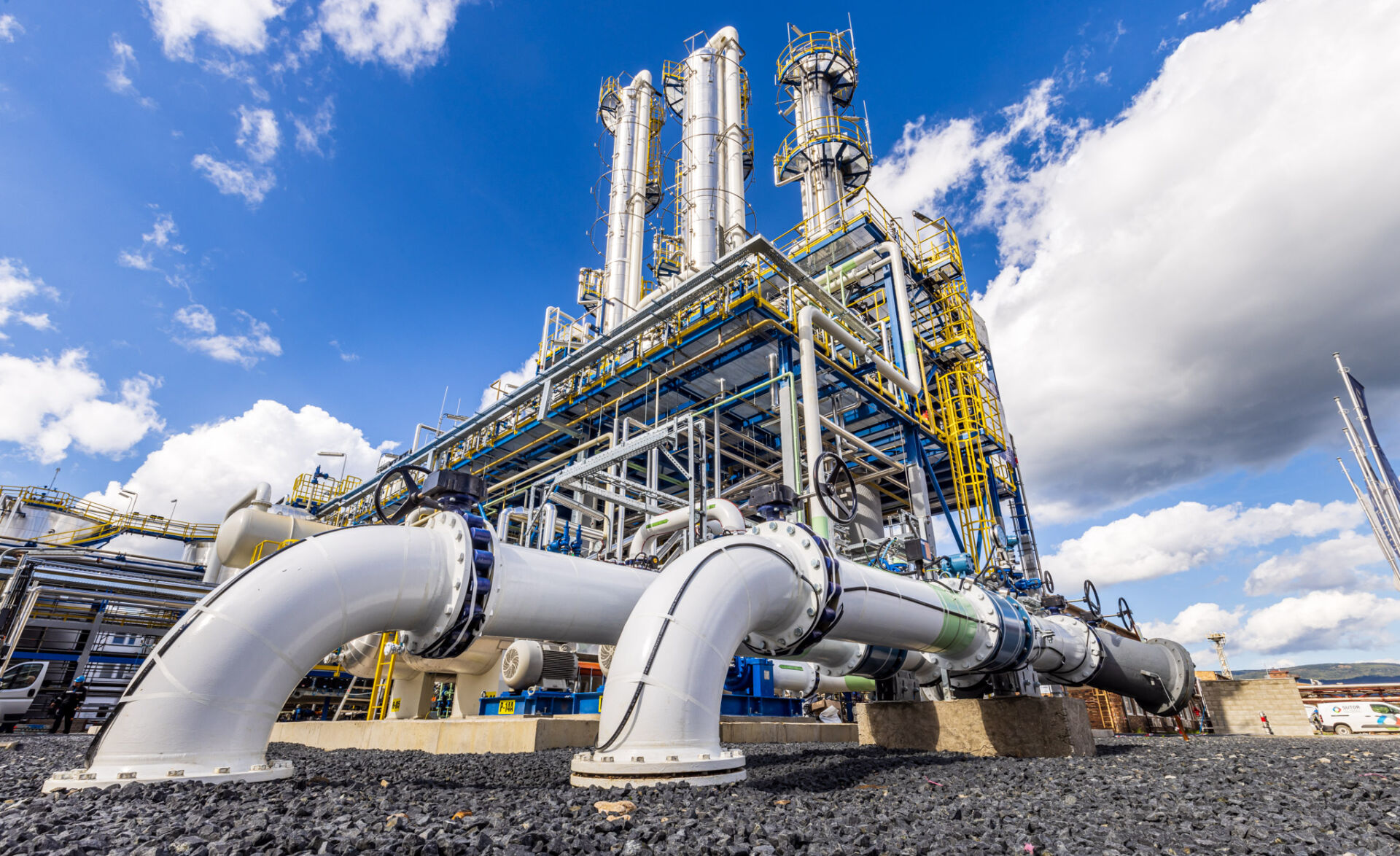EPC Execution as a Strategic Asset in MENA Energy
Across the MENA region, oil, gas, and power projects continue to drive national economies and industrial expansion. Behind these developments are complex engineering, procurement, and construction (EPC) projects that transform designs into operational assets. EPC project delivery has evolved into an integrated technical discipline, combining engineering precision, OEM alignment, and long-term operational reliability.
Countries such as Saudi Arabia, UAE, Egypt, Qatar, and Libya are investing heavily in oilfield expansions, refinery upgrades, and power generation plants. These projects require precise management of rotating equipment, pipeline, digital control systems, and emissions infrastructure, all under strict safety, regulatory, and technical standards.
The EPC Project Lifecycle
Successful EPC delivery begins with feasibility studies, addressing site viability, design complexity, and environmental impact. Engineering teams then create detailed technical designs, specifying equipment layouts, safety systems, and control architecture. Procurement integrates OEM-certified components such as gas turbines, compressors, control valves, filtration systems, and SCADA platforms.
Construction and commissioning phases demand careful coordination across subcontractors, skilled technical labor, and specialized field services. Final start-up testing ensures operational readiness, safety compliance, and system performance before handover.
Control Systems and Digital Integration
One of the most technically sensitive aspects of EPC projects is the integration of modern control systems. Many facilities across MENA are replacing legacy platforms with SCADA, IIoT, and AI-powered process optimization technologies. These upgrades require seamless coordination between EPC contractors, OEM providers, and plant operators to ensure full system compatibility, cyber protection, and operational efficiency.
Digital integration enables real-time asset monitoring, predictive maintenance, and emissions compliance, directly impacting uptime, production consistency, and regulatory reporting.

Pipeline Services and OEM Partnerships
Pipeline services remains one of the most technically demanding EPC scopes. Harsh desert terrain, offshore environments, and corrosive conditions demand precision in materials selection, welding, corrosion protection, and integrity management.
OEM partnerships are critical throughout EPC execution. Manufacturers like Baker Hughes, Nuovo Pignone, Citic Steel, and others provide certified equipment, technical standards, and long-term operational support. OEM integration ensures equipment reliability, protects warranties, and simplifies future maintenance.
Libya’s EPC Market
In Libya, renewed investment in oilfield rehabilitation and infrastructure modernization has fueled demand for integrated EPC solutions. Companies such as PetroGas Libya contribute by managing complex control system upgrades, rotating equipment retrofits, pipeline construction, and full project execution while aligning with OEM partners and national standards.
This localized expertise, combined with global technology partnerships, allows Libyan operators to stabilize production while modernizing existing infrastructure.
EPC Execution and Long-Term Competitiveness
EPC execution in oil, gas, and power sectors is no longer limited to construction. It involves deep technical integration, OEM compliance, digital enablement, and operational readiness. As MENA’s energy markets evolve under competitive and environmental pressures, successful EPC delivery remains a decisive advantage for national oil companies and private operators alike.
